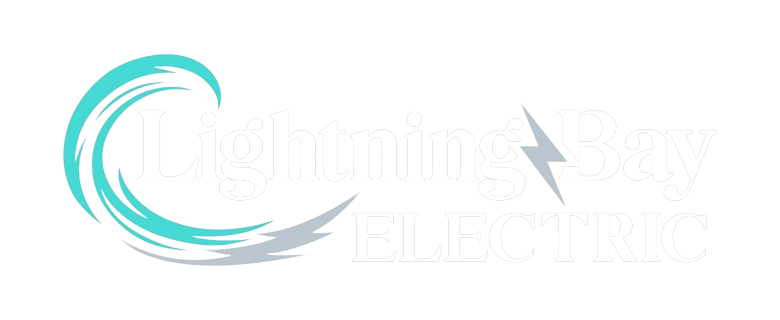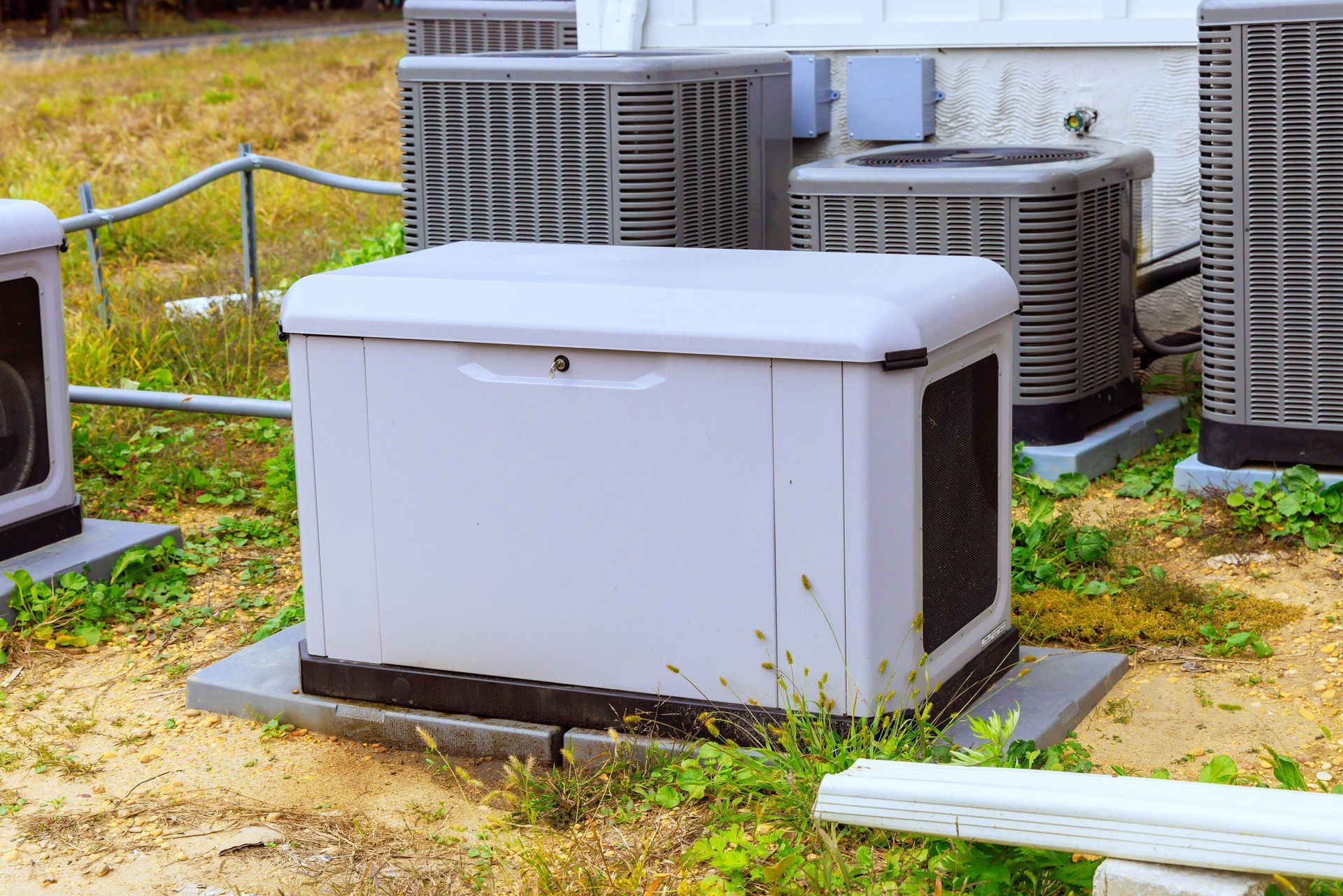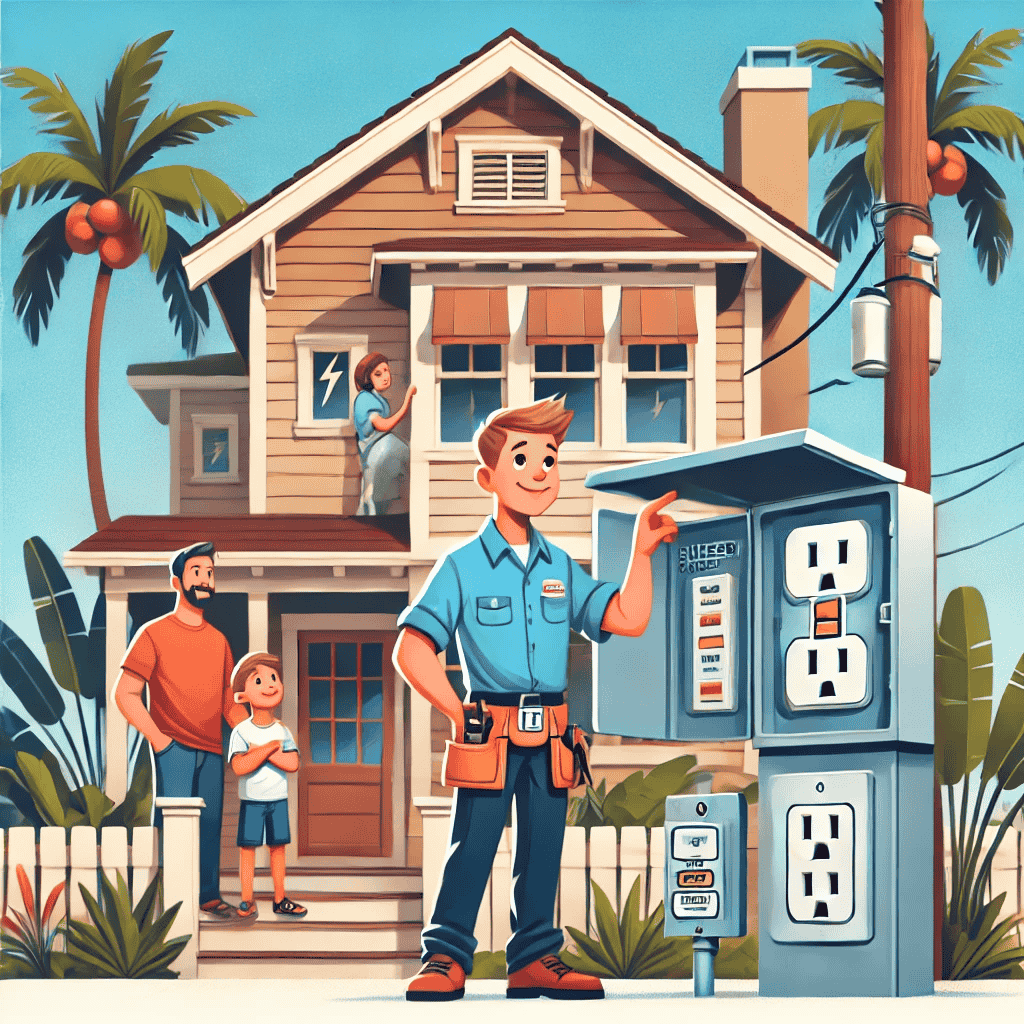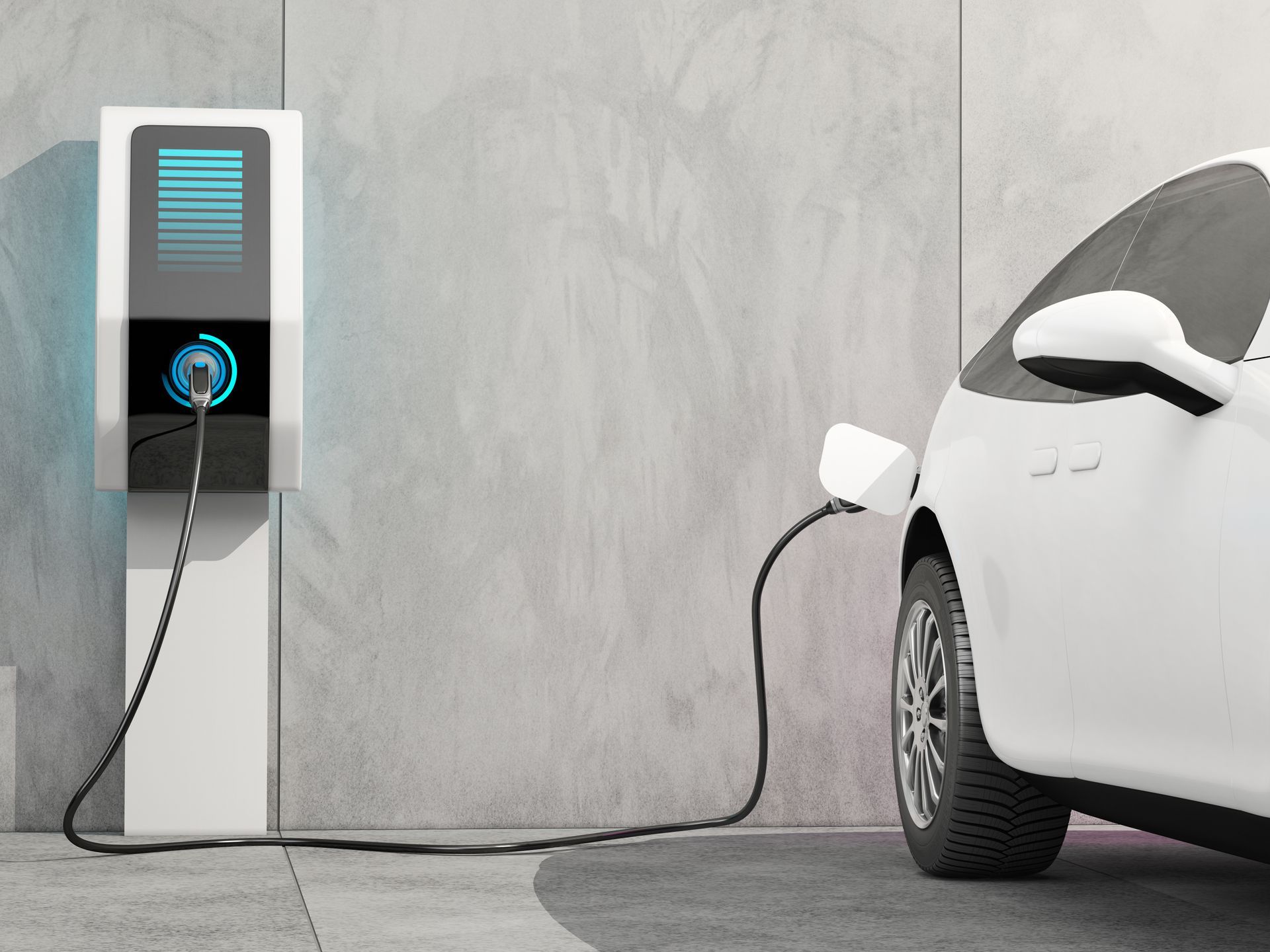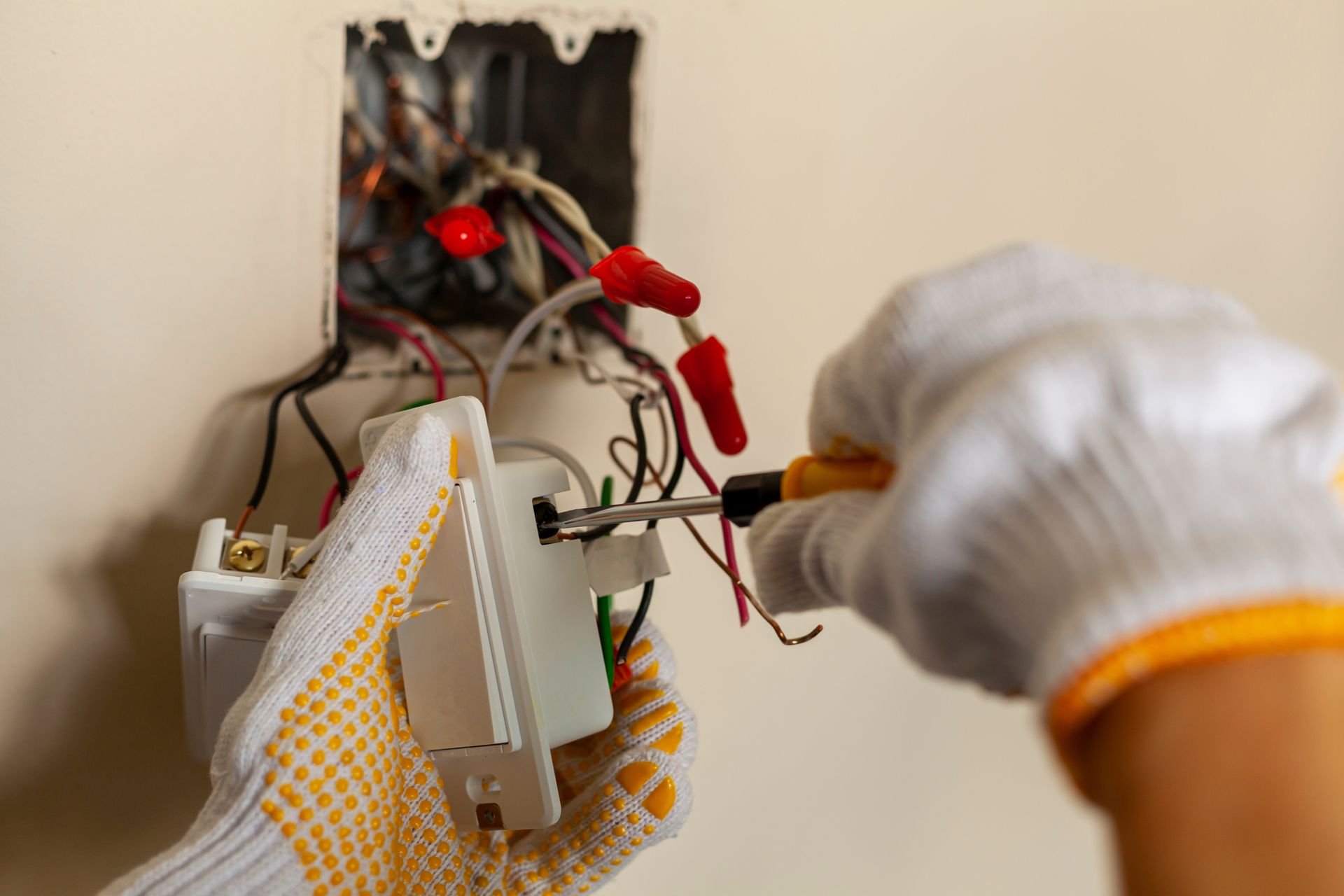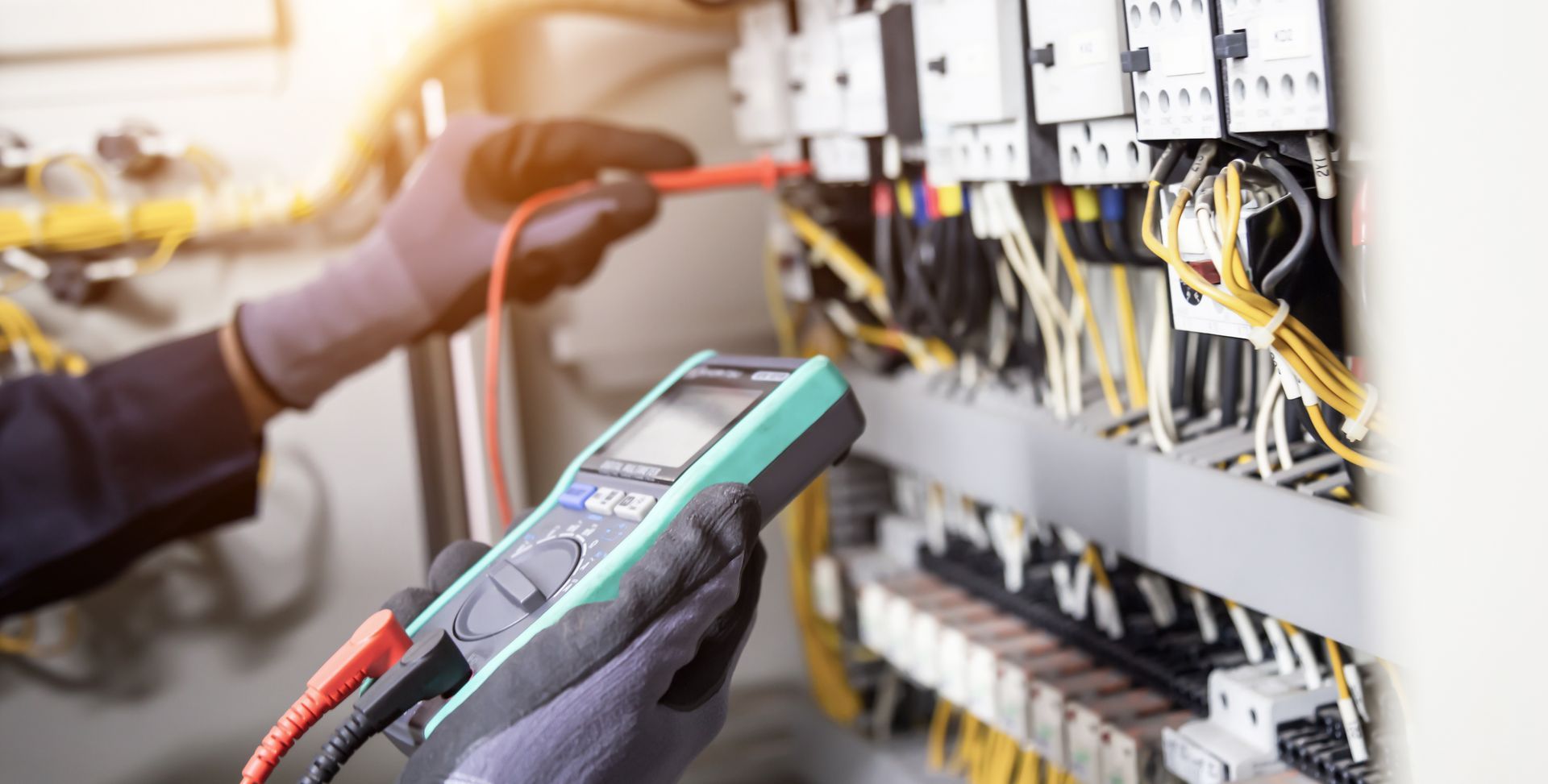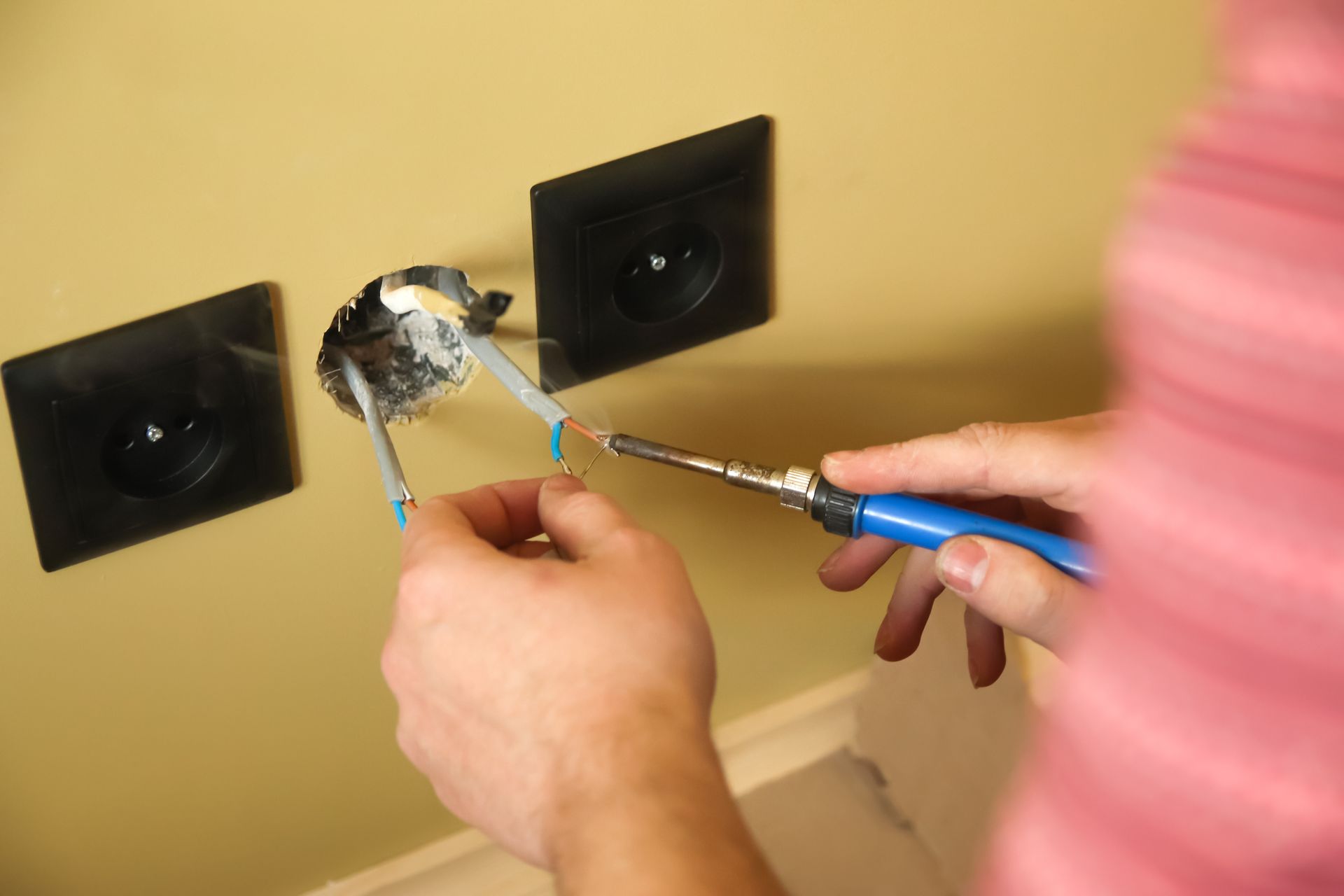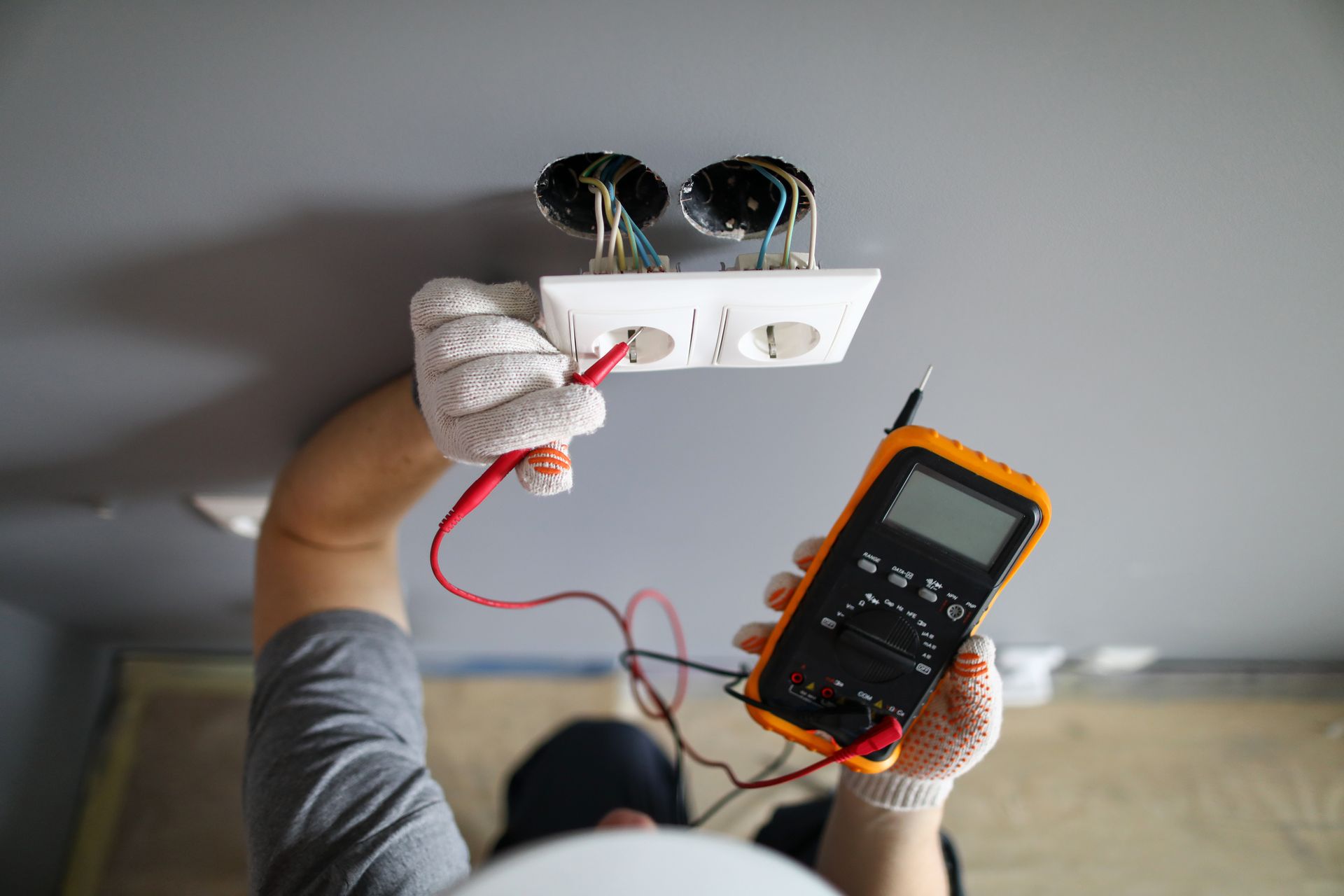Home Rewiring Services – When & Why Florida Homeowners Need It
Home Rewiring Services – When & Why Florida Homeowners Need It
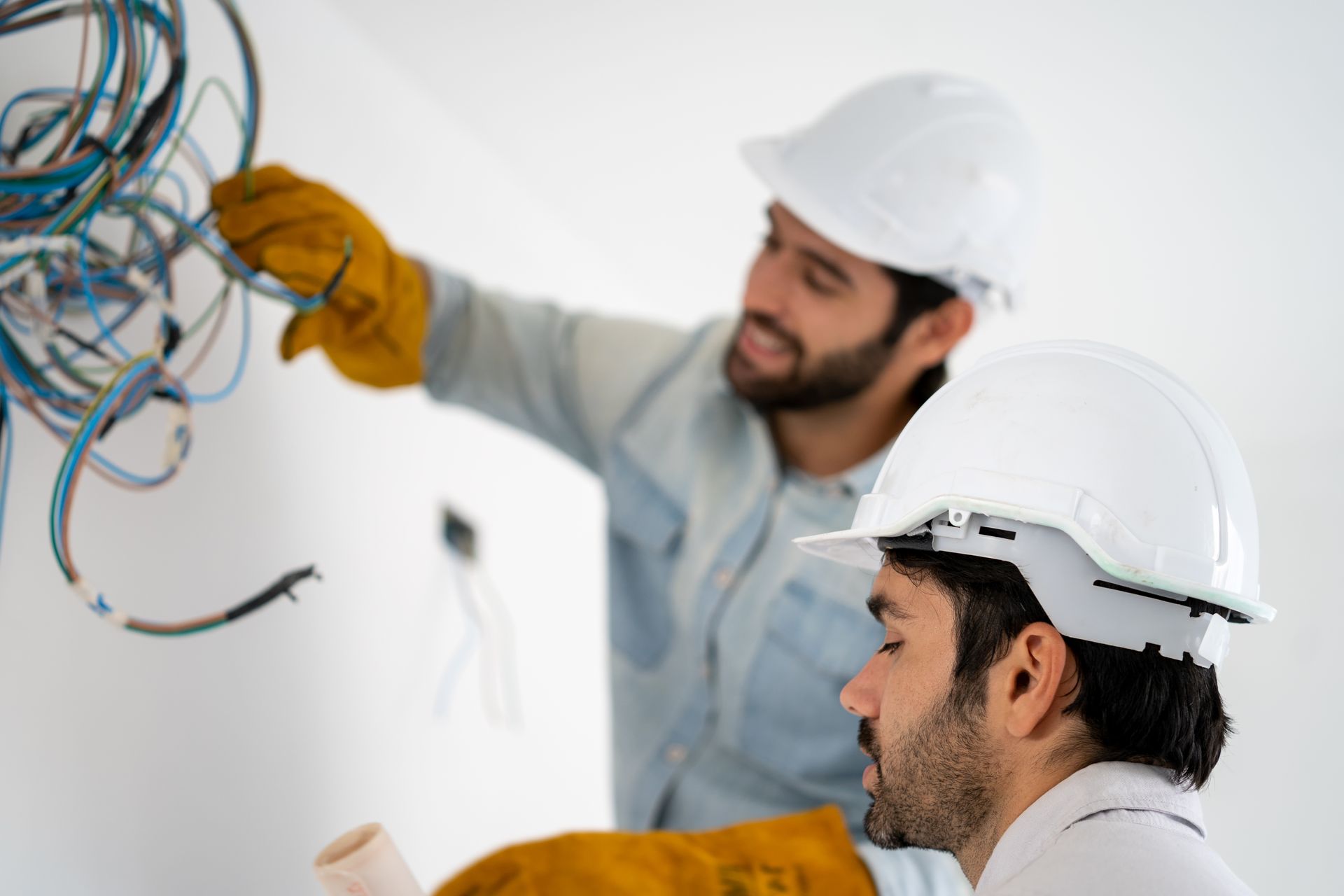
Many Florida homes are decades old, and with age comes outdated wiring. Between aluminum wiring from the 1960s–70s, older panels, and today’s ever-increasing electrical demands, many houses simply aren’t equipped for modern life.
Home rewiring services are one of the most important electrical upgrades a homeowner can invest in—improving safety, functionality, and resale value. But how do you know when rewiring is necessary, what it involves, and how much it costs? Let’s dive in.
What Does Home Rewiring Mean?
Home rewiring is the process of replacing outdated or unsafe electrical wiring and components with new, code-compliant materials.
It typically includes:
- Replacing old wiring (aluminum, knob-and-tube, or deteriorated copper).
- Upgrading outlets, switches, and fixtures.
- Updating the electrical panel and breakers.
- Ensuring all circuits meet modern electrical code and safety standards.
The result: A safer, more reliable electrical system built to handle today’s appliances, devices, and technology.
Signs Your Home May Need Rewiring
Not sure if your Florida home is due for an upgrade? Look out for these red flags:
- Frequent breaker trips – Circuit overloads suggest insufficient wiring capacity.
- Flickering or dimming lights – A sign of deteriorated or loose wiring.
- Discolored outlets or switches – May indicate overheating or arcing.
- Burning smells – A serious hazard that should be inspected immediately.
- Aluminum wiring – Common in homes built between the 1960s–1970s.
- Two-prong outlets – Indicate an outdated, ungrounded system.
- Buzzing sounds from outlets/panels – Often tied to electrical faults.
- Warm outlets or cords – Another indicator of overloaded or failing wiring.
If your home is more than 40 years old, a professional inspection is strongly recommended.
Safety Risks of Old Wiring
Ignoring outdated wiring isn’t just inconvenient—it’s dangerous. Risks include:
- Electrical fires – Faulty wiring is a leading cause of residential fires.
- Shocks & electrocution – Damaged insulation or loose connections expose live wires.
- Insurance issues – Some providers refuse coverage for homes with aluminum or knob-and-tube wiring.
- Appliance damage – Fluctuations and poor grounding can shorten the lifespan of electronics.
Rewiring is about more than upgrading—it’s about protecting your family and your home.
Benefits of Rewiring Your Home
- Improved Safety
- Eliminates fire hazards and shock risks.
- Increased Electrical Capacity
- Supports modern appliances, HVAC systems, EV chargers, and more.
- Code Compliance
- Ensures your home meets the latest Florida building codes.
- Higher Home Value
- Makes your home more appealing to buyers and reduces insurance headaches.
- Future-Proofing
- A new wiring system prepares your home for decades of use.
The Home Rewiring Process
Rewiring is a major project, but when done by professionals, it’s systematic and efficient:
- Inspection & Assessment – A licensed electrician evaluates your system.
- Permits & Planning – Required in Florida for code compliance.
- Old Wiring Removal – Safe extraction of outdated or unsafe wiring.
- New Wiring Installation – Running updated circuits through walls, ceilings, and floors.
- Panel & Breaker Upgrades – Ensuring capacity matches new demand.
- Outlet & Fixture Replacement – Swapping old receptacles for modern grounded outlets.
- Testing & Inspection – Final checks for safety, efficiency, and code adherence.
Depending on home size, the project may take 3–10 days.
How Much Does Home Rewiring Cost in Florida?
The cost varies based on several factors:
- Home size (square footage).
- Age of the home and wiring type.
- Accessibility (attic, crawlspace, finished walls).
- Whether a panel upgrade is required.
Average cost ranges:
- Smaller homes (1,000–1,500 sq. ft.): $4,000 – $8,000
- Medium homes (1,500–2,500 sq. ft.): $8,000 – $12,000
- Larger homes (2,500+ sq. ft.): $12,000 – $20,000+
While not a small investment, rewiring dramatically reduces safety risks and increases your home’s market value.
Rewiring & Electrical Panel Upgrades
Most rewiring projects also involve upgrading the electrical panel. Older 60-amp or 100-amp panels simply can’t handle the load of modern Florida homes.
A new 200-amp panel is standard today, and may be required if you plan to add:
- Central AC units
- Whole home generators
- Hot tubs or pools
- EV chargers
- Modern kitchen appliances
Combining rewiring with a panel upgrade ensures your entire electrical system works seamlessly.
Do You Need to Leave Your Home During Rewiring?
It depends on the size of the job and the home. For small-to-medium homes, you can often remain in the house while work is done in stages. For larger or full rewiring projects, temporary relocation may be recommended to avoid disruption.
Electricians will coordinate schedules to minimize downtime and restore power each evening when possible.
DIY vs. Professional Rewiring
Rewiring is not a DIY project. Attempting it yourself risks:
- Fire hazards.
- Code violations.
- Insurance denial.
- Costly mistakes requiring rework.
Hiring a licensed electrician ensures:
- Proper permits and inspections.
- Safe, code-compliant installation.
- Long-term reliability.
FAQs About Home Rewiring
Q: How long does home rewiring take?
A: Typically 3–10 days depending on the home’s size and wiring complexity.
Q: Will rewiring damage my walls?
A: Minimal openings may be needed, but professionals patch and restore them.
Q: Do all older homes need rewiring?
A: Not always—an inspection determines if partial or full rewiring is necessary.
Q: Does insurance cover rewiring?
A: Usually no—it’s considered a home upgrade. But it may lower premiums afterward.
Q: Is rewiring noisy or disruptive?
A: Some drilling and cutting are required, but electricians work to limit disruption.
Florida Homes & Rewiring Needs
Florida’s mix of older housing stock and heavy storm exposure makes electrical safety especially important. Homes with outdated wiring are more vulnerable not just to fire risks, but also to surges and outages caused by storms.
Pairing rewiring with surge protection and generator installation creates a safer, more resilient home electrical system built for Florida living.
Final Thoughts
Rewiring your home isn’t just about modern convenience—it’s about safety, reliability, and peace of mind. For Florida homeowners with older wiring, investing in professional rewiring ensures your home can handle today’s technology and tomorrow’s demands.
At Lightning Bay Electric, our licensed electricians specialize in home rewiring services, electrical panel upgrades, and complete safety inspections. We help homeowners throughout Florida protect their families and investments with professional, code-compliant work.
⚡
Schedule your electrical inspection today.
Contact Lightning Bay Electric to learn if your home needs rewiring and get a customized quote.
Ready to work with Lightning Bay Electric?
Let's connect! We’re here to help.
Send us a message and we’ll be in touch.
Or give us a call today at (813) 897-2665
